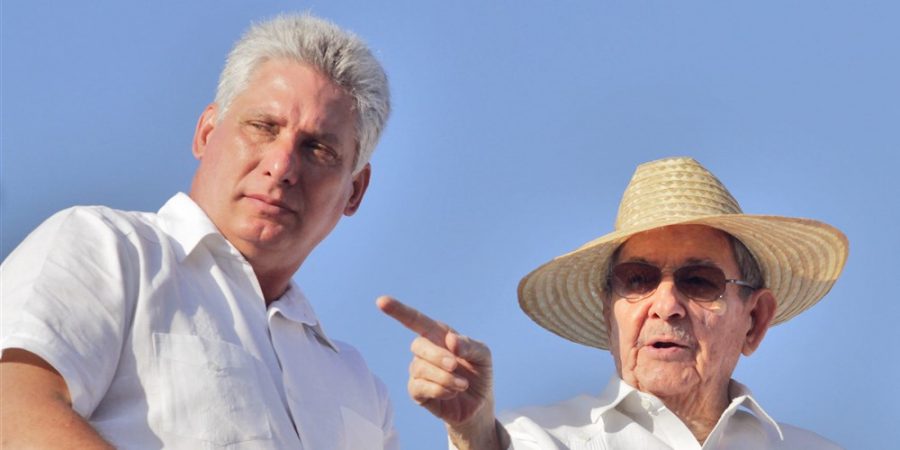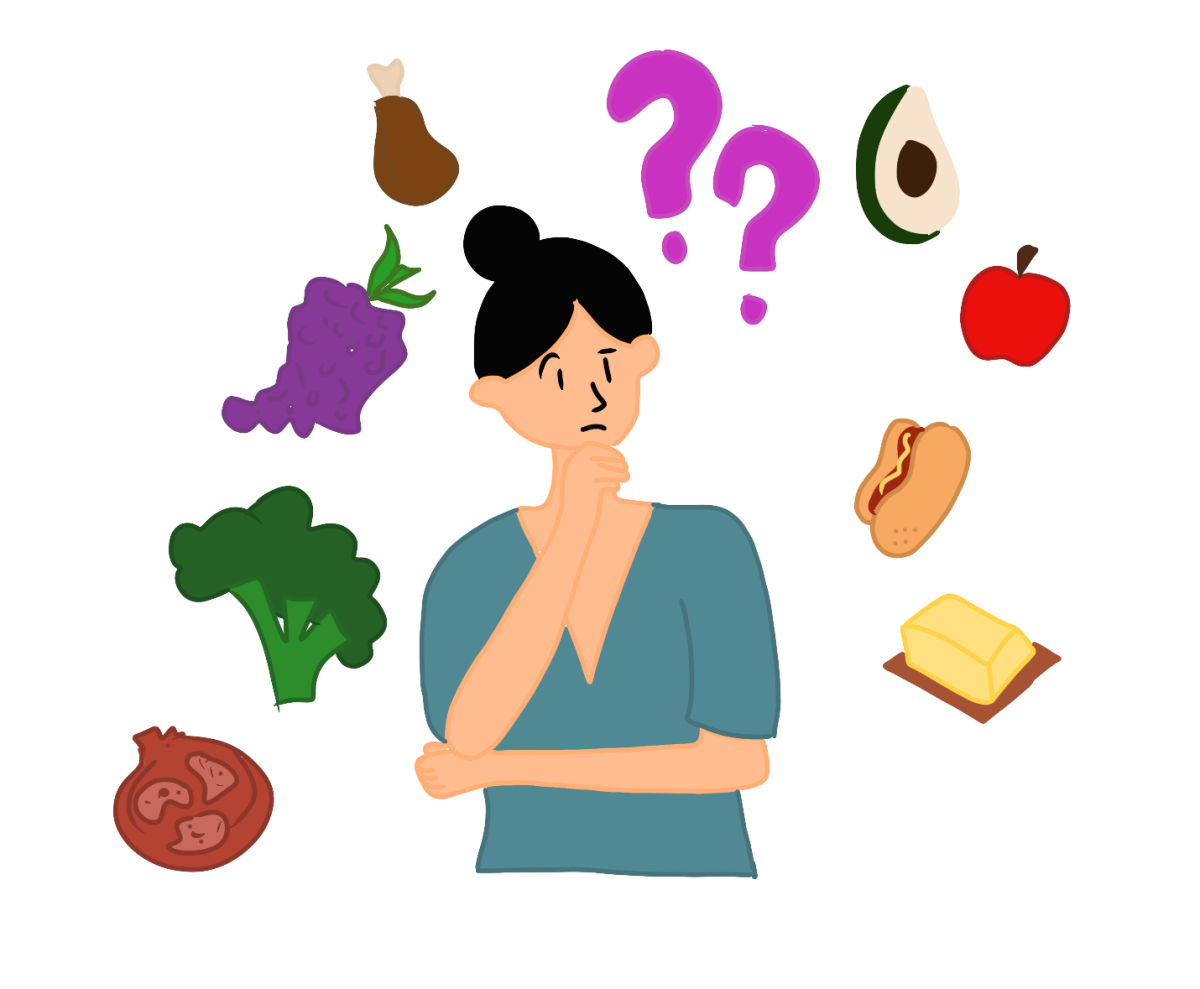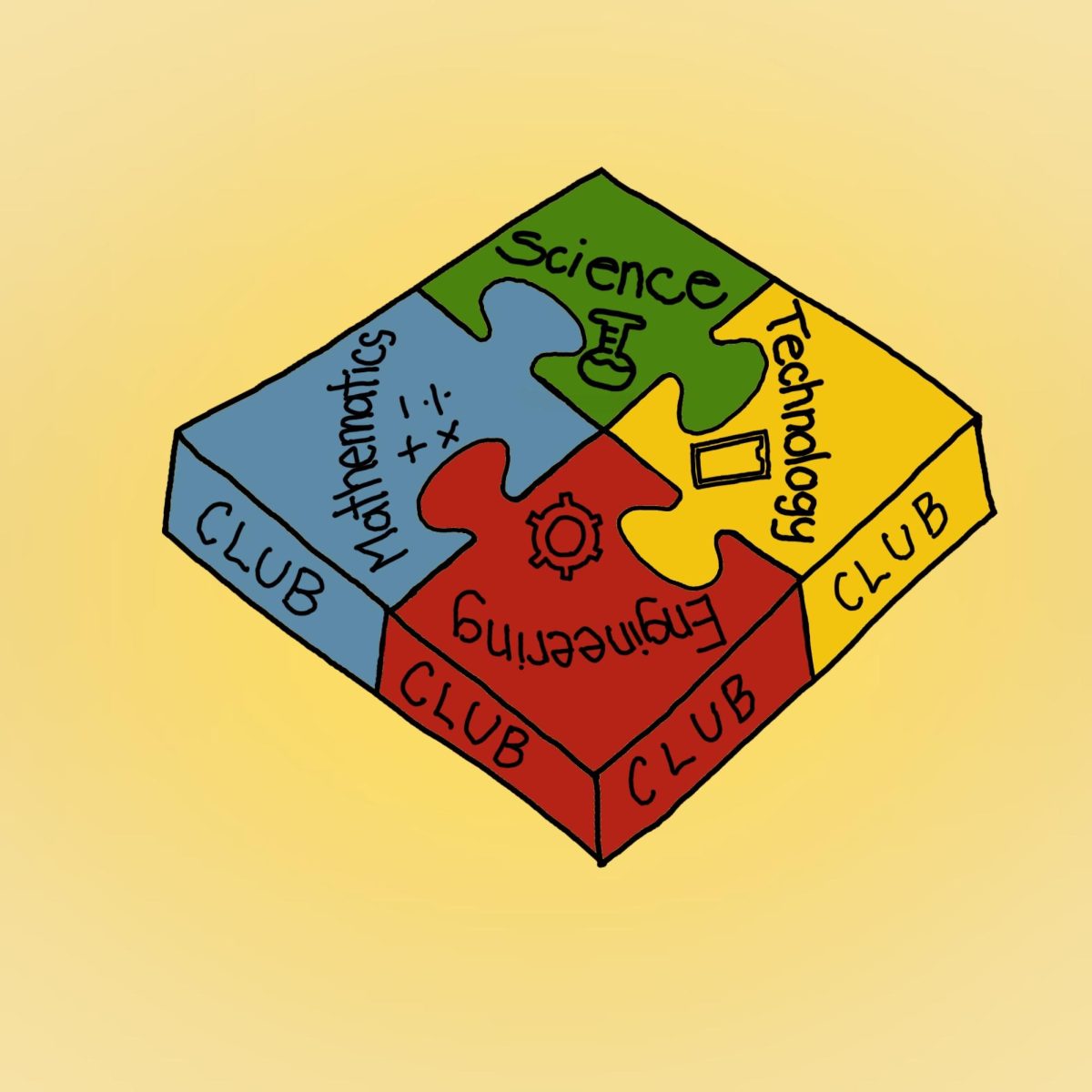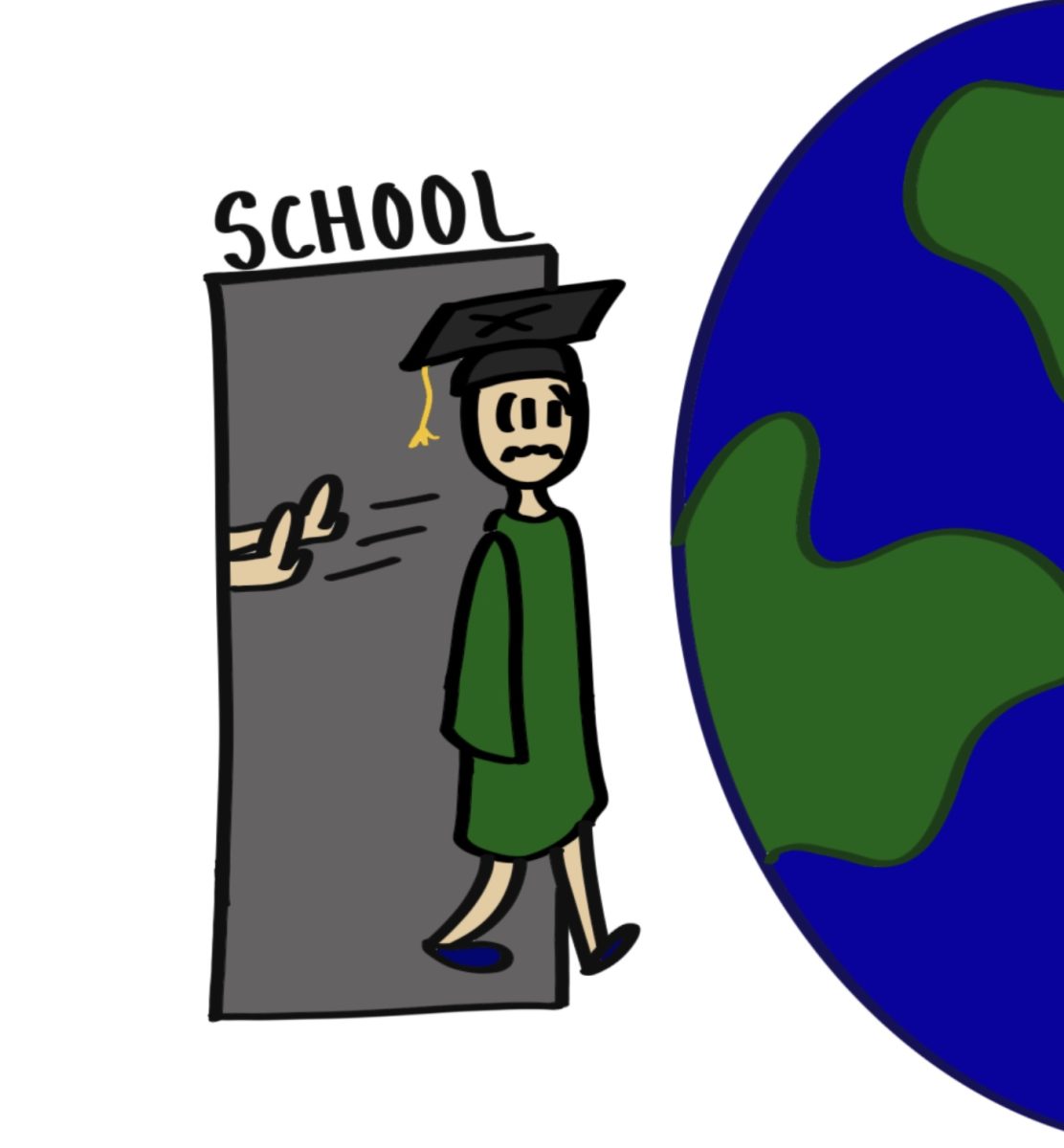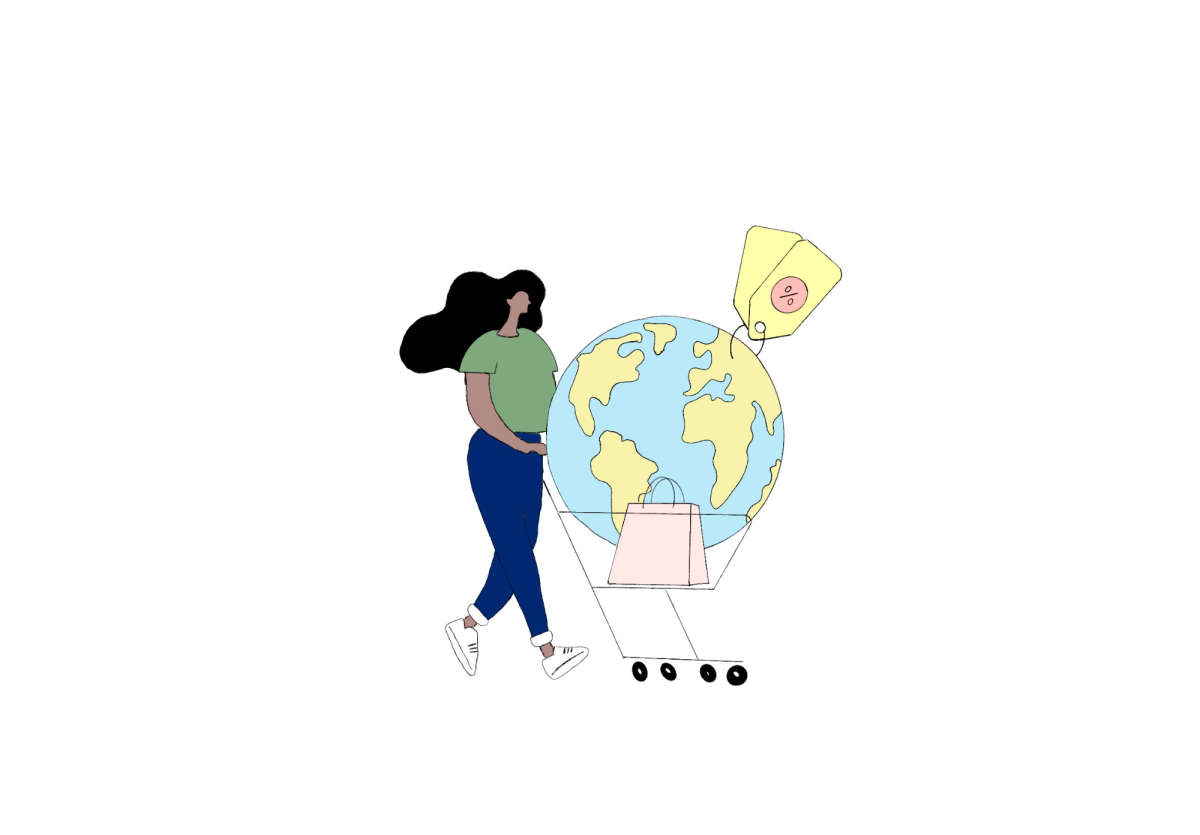Cuba’s new president was named last Thursday. The plot twist? His name isn’t Castro.
Yes, for the first time in decades, someone unrelated to Fidel Castro holds that office: Miguel Diaz-Canel. It’s no surprise, seeing as he was selected to be the first vice president in 2013.
But apart from the (admittedly nicely-rhyming) name change, it’s unlikely that this shift heralds any greater transformation. This is, after all, the man who promised to bring “continuity to the Cuban revolution,” using variations upon the word ‘continue’ at least four times in his inaugural speech.
Not to say there aren’t elements that set Diaz-Canel apart from his predecessor, Raul Castro. For one, his attempts to embody the everyman led him to cut an extremely recognizable figure to Cubans in the 90s, according to NBC — that of the guy in Bermuda shorts biking to work. For another, he’s advocated for change to an extent in the past, in the form of promoting internet access for Cubans and other modernization, according to the New York Times.
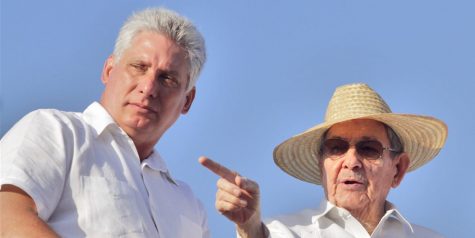
But at the same time, the mild front of change is clearly tempered with constancy. The New York Times also reported, for instance, on Diaz-Canel’s support of the censorship of “subversive” websites, no matter the possible backlash. Moreover, Castro still heads the Cuban Communist Party (arguably more powerful than the president himself), still heads the military and will still, according to CNN, have a sizeable say in major decisions.
Had Diaz-Canel replaced Castro in all those roles as well, greater change may have happened — albeit in the opposite direction regarding U.S.-Cuba relations, judging by his criticism of the creakily slow normalization of relations under Castro. (In fairness, President Trump is averse to it as well.)
If anything, Diaz-Canel’s election highlights how much the Cuban Communist Party, once revolutionary with its implementation of things like free medical treatment and education, doesn’t want change. The party — now essentially led by octogenarians — sprang for a fairly young, Bermuda short-wearing, everyman-touting, mildly-revolutionary successor who, when it counts, will continue to defer to Castro on “major decisions.”
And there are definitely major ones coming up. Cubans are staring down an economic recession with an average salary of $30 per month in their pockets, America is shrinking away from the tentative ties reestablished under the Obama administration and modernization is crawling at a snail’s pace.
What’s clear for now is that when these challenges are faced by Diaz-Canel, the party line being held will be that of Raul Castro’s, by any other name.



